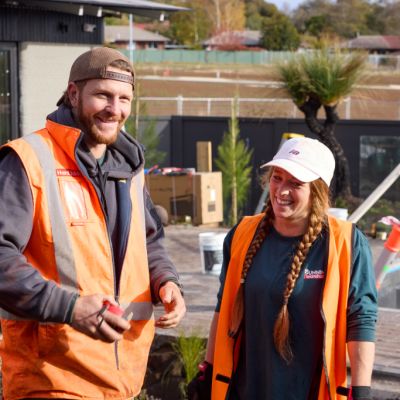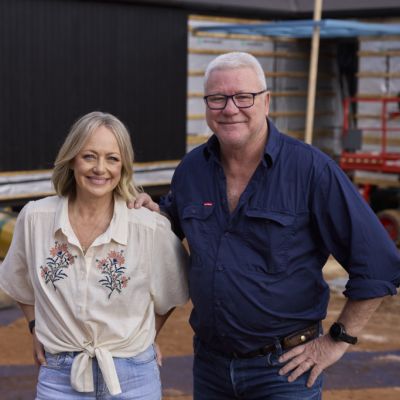How to take care of your outdoor plants this summer
This summer is projected to be an especially hot one, and your garden might be getting thirsty and wilted just thinking about it.
Luckily, Dave Franklin, landscaper on The Block, has some summer plant care tips to keep your garden happy and robust as the sun bears down and the heat stress sets in.
Trim while it’s cool to protect your plants
Pruning your plants is important for both plant health and aesthetics. Franklin says trimming promotes good plant structure and will lead to them looking a little more “flush”. For this reason he says, “Don’t be afraid to trim”.
“Summer’s a great time to get a lot out of your garden. Everything’s blooming,” he says.
“When you hit Christmas time, your garden should look magnificent. So, if you haven’t trimmed your garden already, get onto it right now and get it ready for Christmas.”
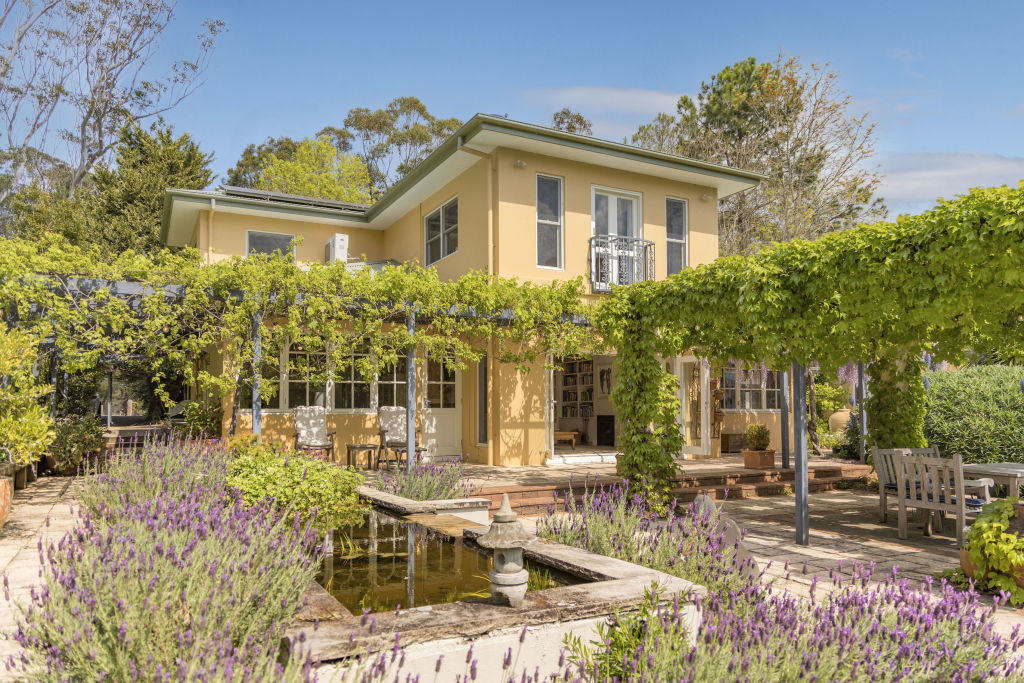
However, Franklin also has a warning for secateurs-happy gardeners: don’t trim your plants on hot days, or you might find they start wilting.
Use a consolidated mulch and fertiliser
Naturally, your garden will require extra soil moisture as the weather becomes hot and dry. Alongside watering, plants need the added hydration of good mulch in order to thrive.
“The other big thing that I always say when you are coming into summer, is put on … a consolidated mulch … not like a bark or anything like that,” Franklin says.
“Something that can soak up the moisture so that the water doesn’t bleed through too quick.”
Unlike unconsolidated mulches (think bark, straw and grass clippings), a consolidated mulch involves using sheets of plastic or pulp that’s secured to the ground to ensure weeds don’t pop up and steal from your plants’ moisture and nutrients.
Of course, plants also need food as we come into the warmer weather, and Franklin reminds us to use a fertiliser.
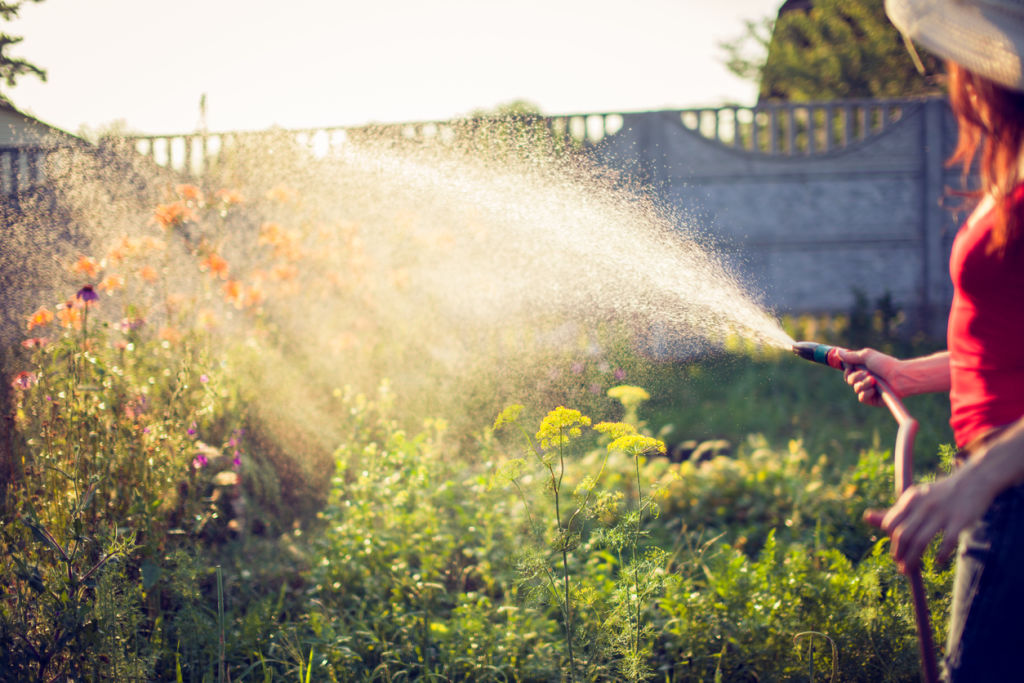
Know the right time to ater
While it might be tempting to douse your garden with water during the heat of the day, Franklin explains that it actually makes more sense to set up your watering system to hydrate your plants when the sun is down, as the daytime heat will render your efforts somewhat futile.
“I generally put [the irrigation system] on half an hour in the morning, say at 5 o’clock in the morning, and then half an hour at night time when it’s getting dark,” he says.
“That way the moisture is soaking into the garden; the garden’s getting the nutrients out of it. If you water during the day it’s going to dry up and it’s no good for your plants at all.”
Hand water where necessary
Soaker hoses and irrigation systems offer a great set-and-forget option to keep your garden watered like clockwork, but Franklin suggests also keeping an eye on how your plants are looking in case a little extra watering is needed in particularly dry spots.
“One other thing that I love doing … is getting the hose out and just doing a little bit of hand watering as well,” he says.
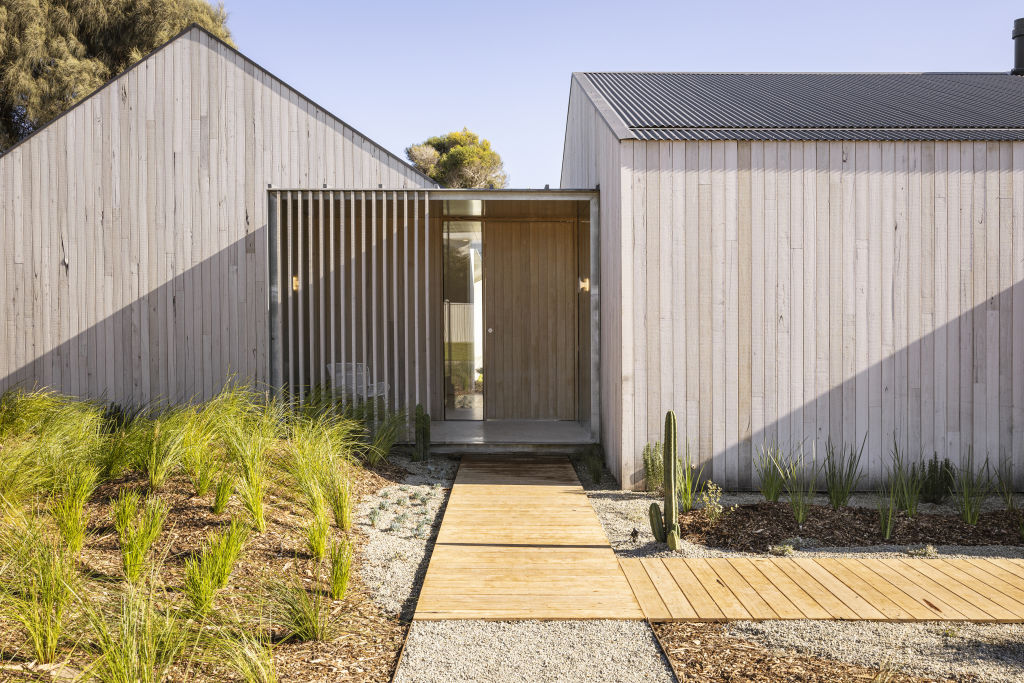
Use drought-tolerant plants
Now, your garden might already be fully landscaped – but if you’re starting from scratch or revitalising an existing garden, bear in mind that drought-resistant plants are going to be more durable and require less maintenance during the summer.
Franklin adds that “drought-tolerant” doesn’t have to strictly mean natives, and suggests looking at other hot climates such as Italy for inspiration.
“You’d have olive trees, wisteria, rosemary,” he says. “Even citrus actually does well in the sun.”
If in doubt, Franklin recommends people “look at what’s growing well in the area”.
“Have a walk around the area, whether you live by the beach or you live inland. See what’s going on,” he says.
“Worst case scenario, you go down to your local nursery and … they can tell you what grows really well in that area.”

We recommend
States
Capital Cities
Capital Cities - Rentals
Popular Areas
Allhomes
More
